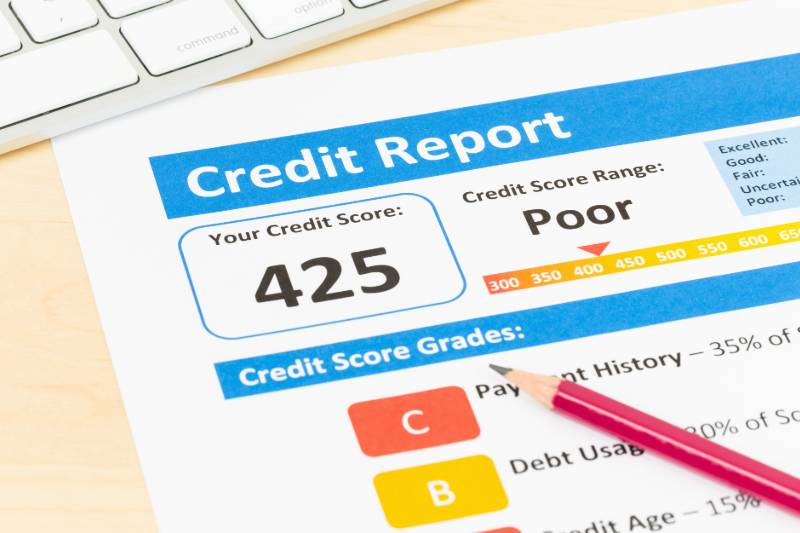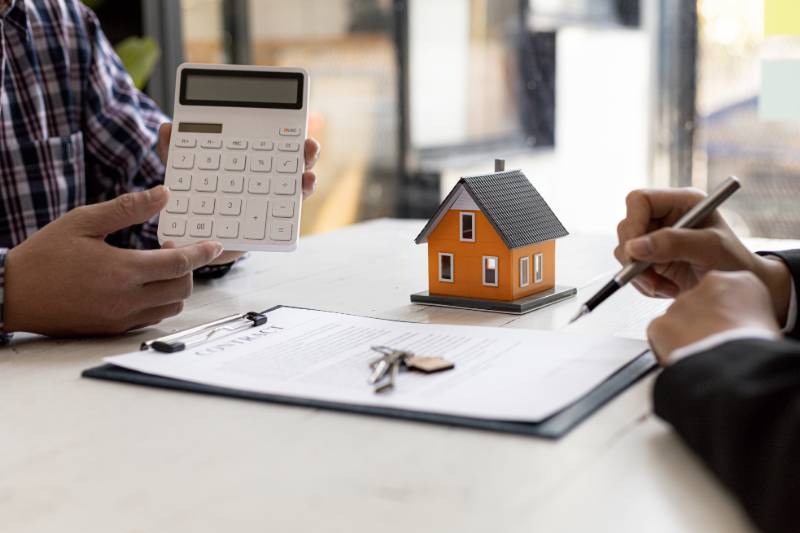Hey there, homeowners! Want to better understand the capital gains tax when selling your home? How does it apply to your specific situation? We know it can be pretty confusing. But don’t worry. We’re here to simplify it for you.
Understanding Capital Gains Tax
Let’s start with the basics, shall we? What exactly is capital gains tax? In simple terms, it’s the tax you pay on the profit from selling something that’s increased in value. And yes, this includes your home. But how does it work in the context of real estate? Let me explain.
Home Sale Capital Gains Tax Rules
When you sell your home, you might make a profit or ‘gain’ – the difference between what you paid for it and what you sold it for. This gain might be taxable. But hey, there’s good news! The IRS isn’t always out to get you. There are some exemptions in place for homeowners like you.
Exemptions in Capital Gains Tax for Home Sellers
Did you know that you can exclude up to $250,000 of the gain from your income ($500,000 on a joint return in most cases)? That’s right! To claim this exclusion, you must meet certain requirements. One of them is that this home must have been your primary residence for at least two of the last five years. Pretty cool, right?
Additional Requirements for Capital Gains Exclusion
There are a few more conditions to meet before you can claim the capital gains exclusion. Firstly, you must not have excluded the gain from the sale of another home during the two-year period before the sale of your current home. Secondly, during the 5-year period ending on the date of the sale, you must have owned the home and lived in it as your main home for at least two years, although they don’t have to be consecutive. It’s also important to note that special rules might apply if you became physically or mentally incapable to care for yourself, or if you were forced to live apart from your spouse for work-related reasons. Always consult with a tax professional to ensure you’re meeting all the requirements for this exclusion.
What if You Rented Out Your Home?
Let’s say you converted your home into a rental property at some point. Does this affect your taxes? Absolutely. Renting out your home can complicate things a bit. One key factor to keep in mind is depreciation recapture. This basically involves paying back some of the tax benefits you received from depreciation deductions while renting out the property. To put it simply, the IRS allows landlords to deduct the cost of the home over time. However, when you sell the property, you may need to pay tax on the amount of these deductions. This is known as ‘depreciation recapture’. It’s a bit of a balancing act, so getting advice from a tax professional is always a smart move when dealing with such situations.
What About Improvements and Repairs?
Here’s something to smile about: the money you’ve spent improving your home can reduce your taxable gain. Let’s say you’ve made significant improvements – like adding a room or renovating the kitchen. These costs can be added to your home’s original purchase price, effectively reducing your taxable gain when you sell. Keep those receipts! You need to be able to distinguish between home improvements and repairs, as only improvements add value to your property and can be used to offset capital gains tax. Again, consult with a tax advisor to ensure you categorize and document these expenses correctly.
Special Considerations for Inherited and Gifted Homes
Inheriting or being gifted a home comes with its own set of unique capital gains tax rules. It is important that you know the most recent tax laws in your state.
In many states, if you have inherited a property, your cost basis is not what the previous owner paid for the house but its fair market value at the time of their death. This ‘step-up’ in basis can considerably reduce your taxable gain upon sale, substantially impacting your capital gains tax liability.
On the flip side, gifted homes retain the original owner’s cost basis. This means the cost basis is what the original owner paid for the house, not its value when it was gifted to you. Although this might seem like a minor detail, it’s a significant distinction that could affect your capital gains tax when you sell the house.
It’s advisable to consult with a tax advisor to understand the implications of these special situations fully.
Short-Term and Long-Term Capital Gains
You should also be aware of the difference between short-term and long-term capital gains when selling your home. If you own the property for less than a year before selling it, any profit you make is considered a short-term capital gain. This is taxed as ordinary income, with the rate depending on your tax bracket, which can range anywhere from 10% to 37%.
If you own the property for more than a year, the profit is considered long-term capital gains. The tax rates for long-term capital gains are typically lower, generally 0%, 15%, or 20%, depending on your taxable income and filing status. The specific rate within these categories (0%, 15%, or 20%) depends on your taxable income. Higher-income individuals may also be subject to an additional 3.8% Net Investment Income Tax (NIIT).
It’s important to understand this distinction as it could significantly impact the overall profitability of your home sale. Because tax laws can change, it’s always a good idea to consult with a tax professional for the most current and personalized advice.
Tips to Avoid Capital Gains Tax on Home Sales
Now, to the part you’ve been waiting for – how can you avoid this tax? One common way is through the primary residence exclusion we mentioned earlier. But there’s more! A Section 1031 exchange, also known as a like-kind exchange, allows you to defer capital gains taxes when you sell a property and reinvest the proceeds into another property of similar kind. It’s a valuable option to consider if you’re planning to reinvest in another property.
So, we have now got you thinking about capital gains tax in a new, more comprehensive light. If you still have some questions, check out our FAQs, below.
FAQs
- What is the capital gains tax rate for selling a home? The tax rate can range from 0% to 20%, depending on your income.
- Can I avoid capital gains tax when selling my home? Yes, with the primary residence exclusion, you might not owe anything!
- How can I reduce the capital gains tax on my home sale? Consider strategies like a Section 1031 exchange or using the sale proceeds to buy another house.
- How does the IRS know if you sold your home? The IRS usually finds out through real estate transaction records.
Remember, every situation is unique, so consider consulting with a tax professional before making big decisions. Happy selling!
At Property.com, we’re here to guide you through every step of your real estate journey. Understanding capital gains taxes when you sell your home is just one of the many resources we provide to help you achieve your real estate goals.
Keep exploring our many helpful articles and resources, and stay informed on the latest news. Sign up here for news on what’s important to you. Your real estate dreams await! With Property.com as your partner, you have the power to make them yours.








